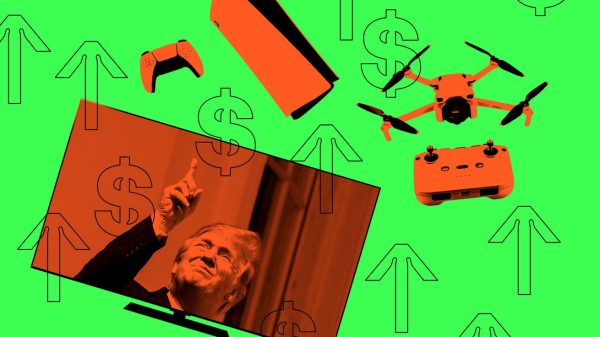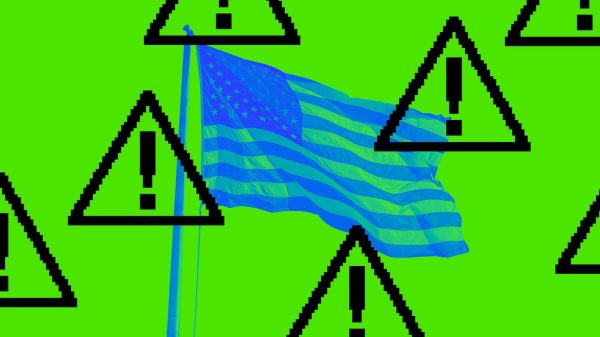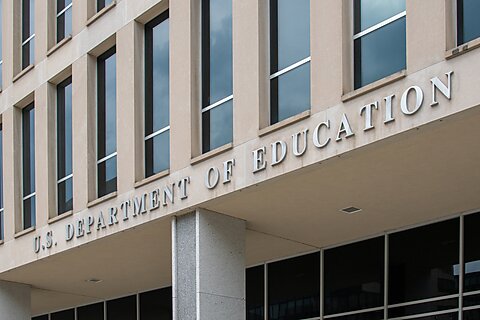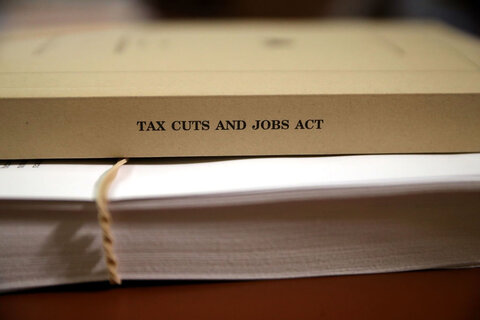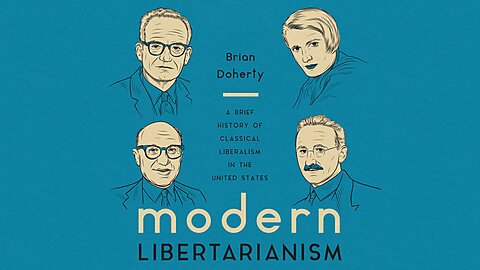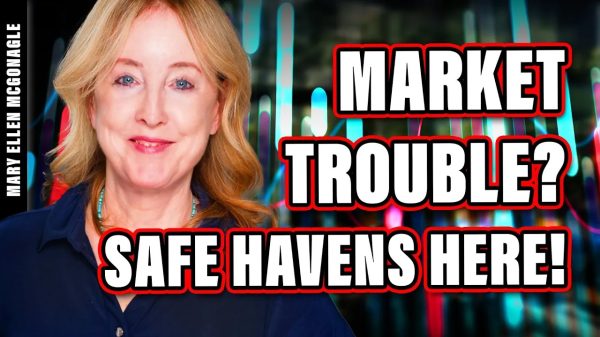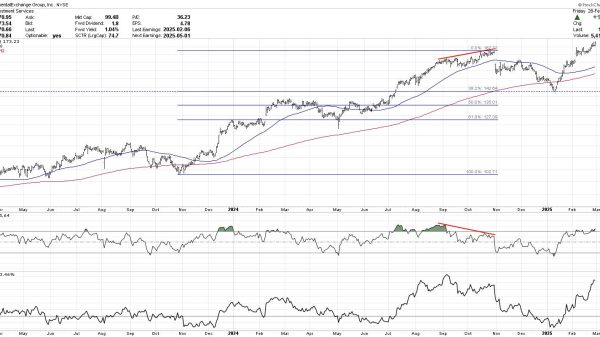Jeffrey A. Singer
In April 2022, the Food and Drug Administration announced plans to ban all menthol cigarettes and cigars. In December 2023, after several civil rights groups, including the American Civil Liberties Union, expressed concerns about a blanket nationwide menthol ban exacerbating racial law enforcement disparities, the Biden administration announced a delay in finalizing rules to ban menthol tobacco until March 2024.
In a press release on April 26, Secretary of Health and Human Services Xavier Becerra stated his department needed “significantly more time” to consider public comments and concerns about a menthol tobacco ban. The secretary did not mention when it would make its final decision.
According to the National Survey on Drug Use and Health, in 2020, 81 percent of Black smokers preferred menthol‐flavored cigarettes. Research indicates genetics may play a role. The cynic in me wonders if the delay is based primarily on concerns about the upcoming election and how African‐American voters might react to a ban. However, I will give the Biden administration the benefit of the doubt and not assume ulterior motives. Secretary Becerra made the right call. Perhaps he understands that prohibition doesn’t work and can cause many unintended harms.
The European Union (EU) banned menthol cigarettes in 2020. A recent EU survey finds 40 percent of menthol smokers switched to non‐menthol, and only 8 percent quit smoking. Menthol smokers have come up with workarounds, such as “mentholizing” recessed cigarette filters and menthol flavor inserts, or have added menthol to their tobacco.
However, 13 percent reported getting menthol cigarettes from “other sources.” A black market for smuggled menthol cigarettes has emerged. A significant source is Belarus, where menthol brands such as Minsk, Fest, and Queen find their way into EU countries. The UK press reported that gangs smuggle such “illicit whites” into the country, and people can buy them “under the counter” from British tobacconists for the right price.
Worst of all, menthol bans might exacerbate racial and ethnic disparities in law enforcement and within the criminal justice system. In public comments that I submitted to the FDA on its proposed menthol ban, I wrote the following:
Prohibition fuels an underground market where peaceful, voluntary transactions become crimes. It gives law enforcement another reason to interact with non‐violent people who commit these victimless crimes. Like everyone else, police respond to incentives. They are rewarded by arrests and convictions. Low‐level street dealers in illegal substances are “low‐hanging fruit.” They are much easier to find in dense inner cities and less dangerous to confront than violent felons. Law enforcement tends to scour racial or ethnic minority communities for victimless crimes because they are “easy pickings.” That’s how we wind up with African Americans arrested for marijuana violations four times as often as whites, even though both groups use marijuana roughly equally.
And never forget Eric Garner. New York City’s exorbitant taxes on cigarette packages generated an underground market in untaxed individual cigarettes, called “loosies.” In 2014, police infamously encountered 43‐year‐old Eric Garner selling loosies on a street corner, and a policeman’s chokehold led to his death as he repeated, “I can’t breathe.” This happened without a menthol ban. With menthol cigarettes more popular among Blacks and Hispanics, expect police to focus their attention on minority communities.
The last thing this country needs is yet another reason for law enforcement to engage with minorities they suspect are committing the victimless crime of selling menthol cigarettes in the black market.
Aside from criminal justice concerns, singling out menthol tobacco for a ban lacks a basis in scientific evidence. A 2022 research paper in the Journal of the National Cancer Institute found menthol smokers had no greater difficulty quitting smoking than non‐menthol smokers. Furthermore, according to FDA research reported in the Journal of Nicotine and Tobacco Research, there is “evidence of lower lung cancer mortality risk among menthol smokers compared with non‐menthol smokers among smokers at ages 50 and over in the U.S. population.” Perhaps that’s because menthol smokers tend to smoke fewer cigarettes per day, according to a Vanderbilt University study that also found “menthol cigarettes are no more, and perhaps less harmful than non‐menthol cigarettes.”
Policymakers also cannot justify a menthol ban based on concerns that menthol tobacco might lead to greater teen smoking. Only 1 in 250 teens smoked cigarettes within the past 30 days as of 2020. According to the Centers for Disease Control and Prevention, 60 percent of the vanishingly small number of teens who smoke choose non‐menthol cigarettes. A Reason Foundation study found states with the highest menthol consumption had the lowest youth smoking rates.
The wording of Secretary Becerra’s press release left the question of when the federal government will finalize plans to implement a menthol tobacco ban unanswered. Let’s hope it never does.


